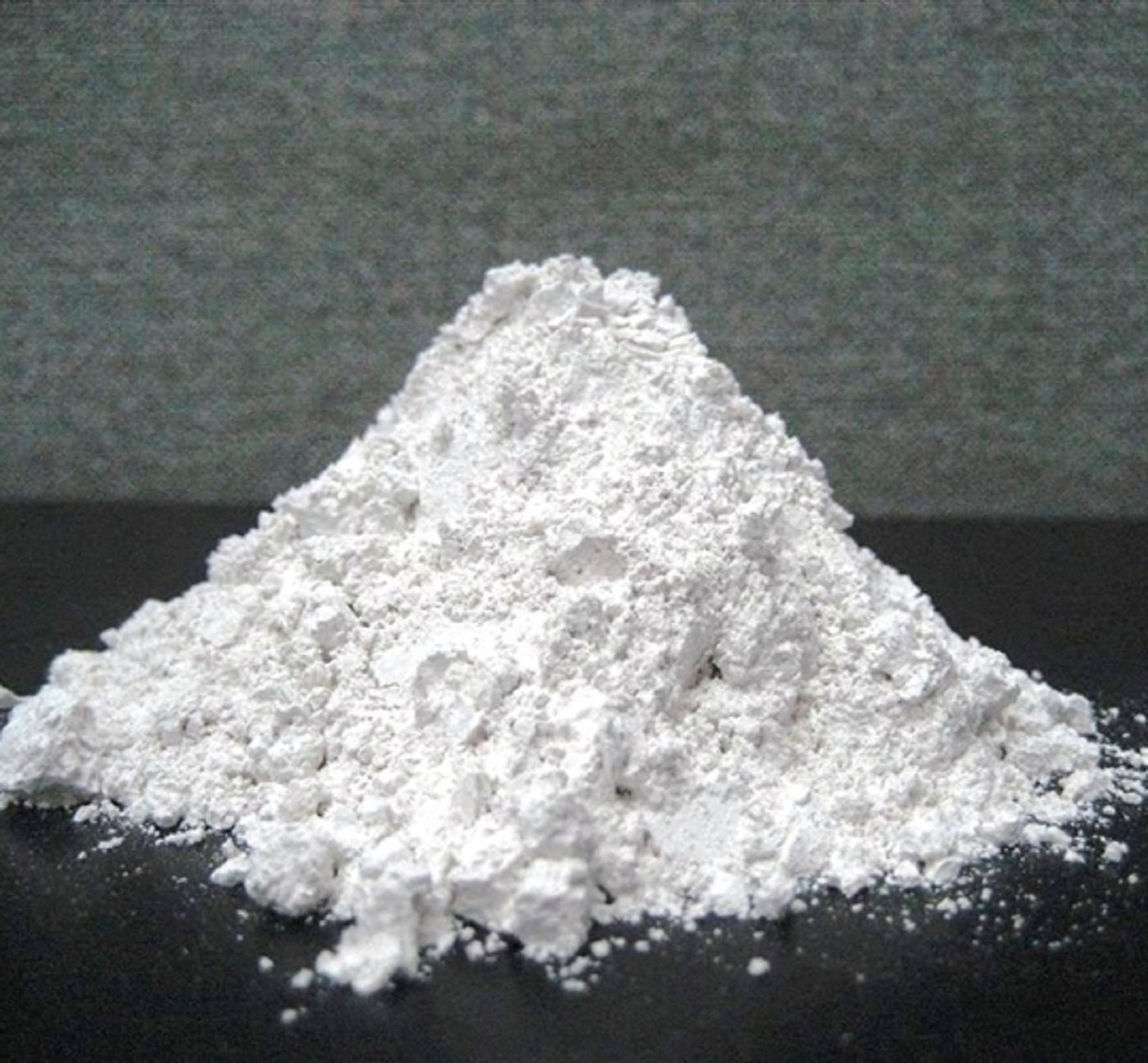At Shikhar Microns, we've perfected the dolomite powder manufacturing process using advanced ball mill and raymond machine technology. Our 27+ years of experience in Rajasthan, India has enabled us to develop efficient processes that deliver high-quality dolomite powder for various industrial applications.
Understanding Dolomite Powder
Dolomite powder is a sedimentary carbonate rock composed primarily of calcium magnesium carbonate (CaMg(CO₃)₂). It's widely used in construction, glass manufacturing, agriculture, and various industrial applications due to its unique properties and cost-effectiveness.
Key Properties of Dolomite
- Chemical Formula: CaMg(CO₃)₂
- Hardness: 3.5-4 on Mohs scale
- Specific Gravity: 2.8-2.9
- Color: White, gray, pink, or brown
- Applications: Construction, glass, agriculture, steel industry
Our Manufacturing Process Overview
Our dolomite powder manufacturing process involves several critical stages, each designed to ensure optimal quality and consistency. We use state-of-the-art ball mill and raymond machine technology to achieve the desired particle size distribution and quality standards.
Stage 1: Raw Material Selection and Preparation
The process begins with careful selection of high-quality dolomite deposits from our Rajasthan mines:
- Quality Assessment: Testing raw materials for chemical composition and physical properties
- Grade Selection: Choosing deposits with optimal CaMg(CO₃)₂ content (typically 90%+)
- Size Preparation: Initial crushing to prepare materials for grinding
- Moisture Control: Ensuring optimal moisture content for processing
Stage 2: Primary Crushing and Size Reduction
Raw dolomite rocks undergo primary crushing to reduce size and prepare for grinding:
- Jaw Crushers: Initial size reduction to 6-8 inches
- Cone Crushers: Secondary crushing to 1-2 inches
- Impact Crushers: Fine crushing for specific applications
- Size Classification: Screening to separate different particle sizes
Ball Mill Processing Technology
Our ball mill technology is the cornerstone of our dolomite powder manufacturing process. This equipment ensures consistent particle size distribution and optimal quality control.
Ball Mill Specifications and Operation
Ball Mill Features
- High-efficiency grinding
- Precise particle size control
- Low energy consumption
- Continuous operation capability
Processing Parameters
- Grinding media: Steel balls
- Rotation speed: Optimized
- Feed size: 1-2 inches
- Output: 200-400 mesh
Ball Mill Process Flow
- Material Loading: Pre-crushed dolomite is loaded into the ball mill
- Grinding Process: Steel balls crush and grind the material
- Size Reduction: Continuous grinding until desired particle size
- Discharge: Ground material is discharged for further processing
- Quality Check: Particle size analysis and quality verification
Raymond Machine Technology
Our raymond machine provides fine grinding capabilities for producing ultra-fine dolomite powder with superior quality and consistency.
Raymond Machine Specifications
| Parameter | Specification | Application |
|---|---|---|
| Grinding Ring Diameter | 800-1200 mm | Fine grinding operations |
| Roller Number | 3-5 rollers | Uniform grinding pressure |
| Feed Size | 15-25 mm | Pre-ground material input |
| Output Size | 400-1500 mesh | Ultra-fine applications |
| Capacity | 1-20 TPH | Production flexibility |
Raymond Machine Process Flow
- Material Feeding: Pre-ground material from ball mill is fed into raymond machine
- Grinding Chamber: Material enters the grinding chamber with rotating rollers
- Fine Grinding: Rollers apply pressure to achieve ultra-fine particle sizes
- Air Classification: Air flow separates particles by size
- Collection: Fine particles are collected in cyclone separators
- Quality Control: Final particle size verification and quality testing
Quality Control and Testing
Our comprehensive quality control system ensures every batch of dolomite powder meets our high standards:
Chemical Analysis
- CaMg(CO₃)₂ content ≥ 90%
- Moisture content ≤ 0.5%
- pH value: 8.0-9.5
- Impurity levels controlled
Physical Properties
- Particle size distribution
- Brightness ≥ 85%
- Oil absorption ≤ 35 g/100g
- Bulk density testing
Particle Size Distribution
Our ball mill and raymond machine combination allows us to produce dolomite powder in various particle sizes:
| Mesh Size | Particle Size (Microns) | Equipment Used | Applications |
|---|---|---|---|
| 200 | 74 | Ball Mill | Construction materials, coarse fillers |
| 300 | 50 | Ball Mill | Standard industrial applications |
| 400 | 38 | Ball Mill + Raymond | Paints, plastics, rubber |
| 600 | 20 | Raymond Machine | Fine applications, coatings |
| 800 | 15 | Raymond Machine | Ultra-fine applications |
| 1000 | 12 | Raymond Machine | Premium coatings, specialty products |
Environmental Considerations
Our dolomite powder manufacturing process prioritizes environmental responsibility:
- Dust Control: Advanced filtration systems minimize airborne particles
- Water Conservation: Closed-loop water systems reduce consumption
- Energy Efficiency: Optimized ball mill and raymond machine operations
- Waste Reduction: Recycling and reuse of by-products
- Emission Control: Advanced air pollution control systems
Applications of Our Dolomite Powder
Our dolomite powder finds applications across various industries:
Construction Industry
Concrete, mortar, and building materials
Glass Manufacturing
Glass production and ceramics
Agriculture
Soil conditioning and pH adjustment
Why Choose Shikhar Microns?
As a leading dolomite powder manufacturer in Rajasthan, India, we offer:
- 27+ Years Experience: Proven expertise in mineral processing
- Advanced Technology: State-of-the-art ball mill and raymond machine
- Quality Assurance: Comprehensive testing and quality control
- Custom Solutions: Tailored products for specific applications
- Reliable Supply: Consistent quality and timely delivery
- Competitive Pricing: Cost-effective solutions for all applications
Key Takeaways
- Our ball mill provides efficient coarse to medium grinding (200-400 mesh)
- Raymond machine delivers ultra-fine grinding (400-1500 mesh)
- Combined technology ensures optimal particle size distribution
- Comprehensive quality control maintains consistent product quality
- Environmental responsibility integrated throughout the process
